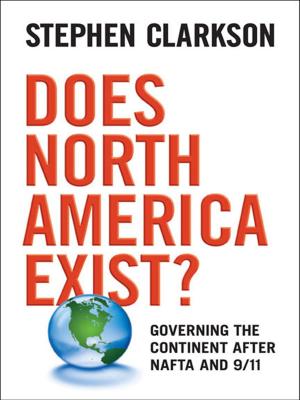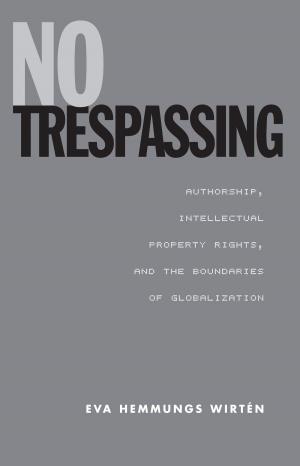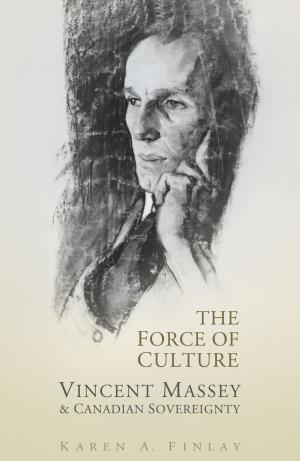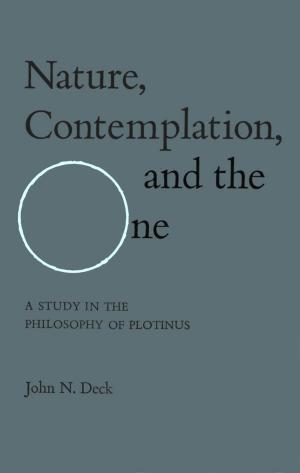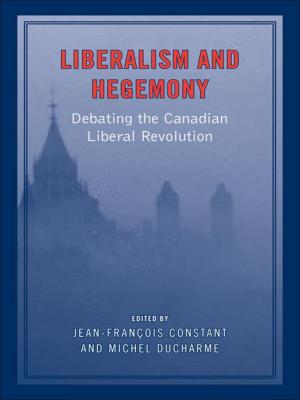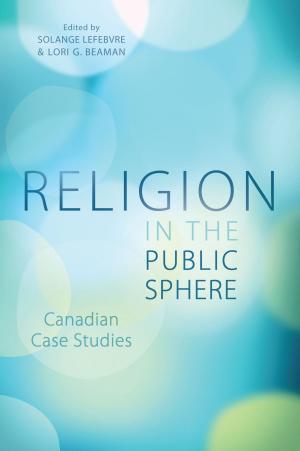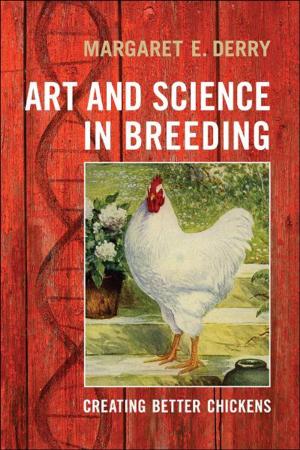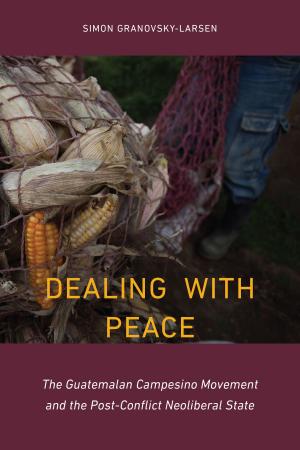Translating Pain
Immigrant Suffering in Literature and Culture
Nonfiction, Social & Cultural Studies, Social Science, Sociology, Fiction & Literature, Literary Theory & Criticism| Author: | Madelaine Hron | ISBN: | 9781442693241 |
| Publisher: | University of Toronto Press, Scholarly Publishing Division | Publication: | October 23, 2010 |
| Imprint: | Language: | English |
| Author: | Madelaine Hron |
| ISBN: | 9781442693241 |
| Publisher: | University of Toronto Press, Scholarly Publishing Division |
| Publication: | October 23, 2010 |
| Imprint: | |
| Language: | English |
In the post-Cold War, post-9/11 era, the immigrant experience has changed dramatically. Despite the recent successes of immigrant and world literatures, there has been little scholarship on how the hardships of immigration are conveyed in immigrant narratives. Translating Pain fills this gap by examining literature from Muslim North Africa, the Caribbean, and Eastern Europe to reveal the representation of immigrant suffering in fiction.
Applying immigrant psychology to literary analysis, Madelaine Hron examines the ways in which different forms of physical and psychological pain are expressed in a wide variety of texts. She juxtaposes post-colonial and post-communist concerns about immigration, and contrasts Muslim world views with those of Caribbean creolité and post-Cold War ethics. Demonstrating how pain is translated into literature, she explores the ways in which it also shapes narrative, culture, history, and politics. A compelling and accessible study, Translating Pain is a groundbreaking work of literary and postcolonial studies.
In the post-Cold War, post-9/11 era, the immigrant experience has changed dramatically. Despite the recent successes of immigrant and world literatures, there has been little scholarship on how the hardships of immigration are conveyed in immigrant narratives. Translating Pain fills this gap by examining literature from Muslim North Africa, the Caribbean, and Eastern Europe to reveal the representation of immigrant suffering in fiction.
Applying immigrant psychology to literary analysis, Madelaine Hron examines the ways in which different forms of physical and psychological pain are expressed in a wide variety of texts. She juxtaposes post-colonial and post-communist concerns about immigration, and contrasts Muslim world views with those of Caribbean creolité and post-Cold War ethics. Demonstrating how pain is translated into literature, she explores the ways in which it also shapes narrative, culture, history, and politics. A compelling and accessible study, Translating Pain is a groundbreaking work of literary and postcolonial studies.




